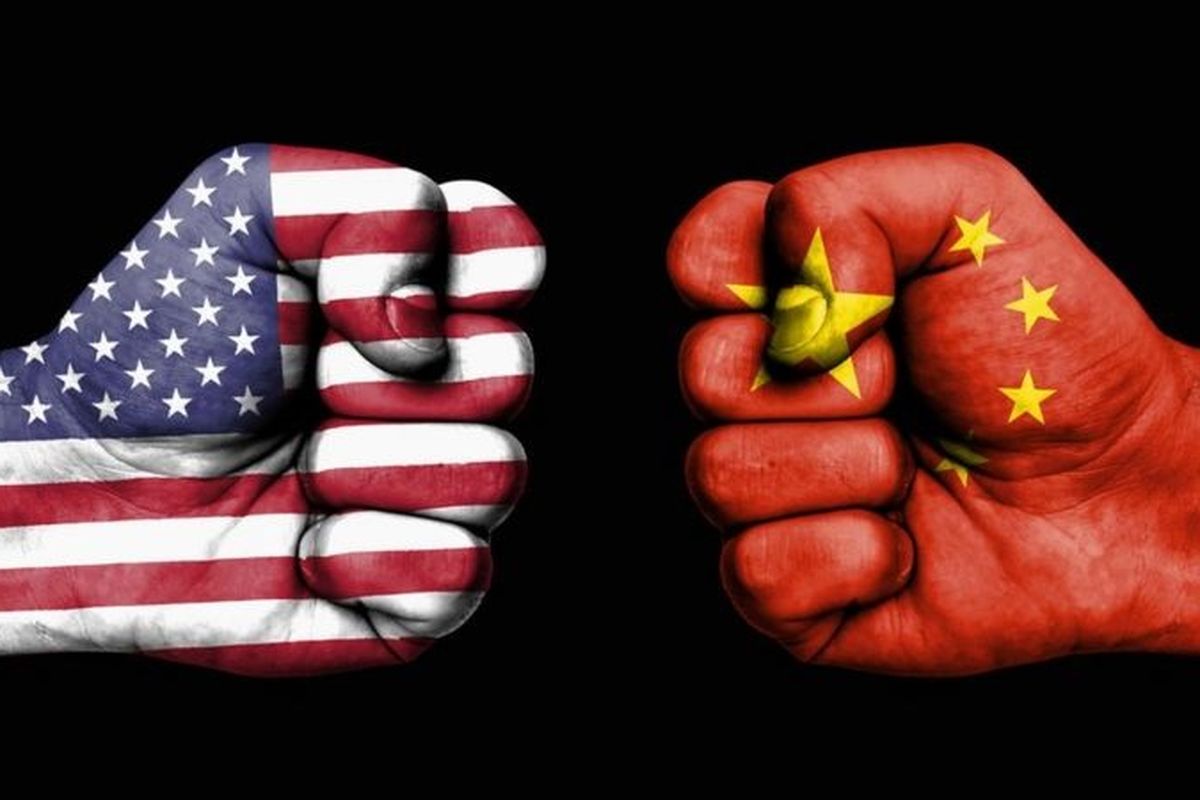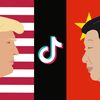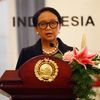US to Resume Talks of China Trade Deal amid Covid-19 Disruption

The comity of the deal's signing in Washington has been overshadowed in recent months as Washington and Beijing have traded barbs over who is to blame for the coronavirus, which first surfaced in China.
Also worsening tensions are China's crackdown on Hong Kong, which Washington has responded to with sanctions, and the Trump administration's order to bar Chinese internet giants TikTok and WeChat from operating in the US.
US Trade Representative Robert Lighthizer in June said China would follow through on its commitments while Washington eyes a second deal.
But that same month a Chinese State Council counselor said the Covid-19 pandemic has had an "impact" on the deal and that relations between the countries are "very unsatisfactory".
When asked Friday about the upcoming talks, Beijing said the two sides "need to work together to strengthen cooperation and overcome difficulties together".
Read also: Jokowi Optimistic Indonesian Economy Will Grow in 2021 Despite Covid-19
"China hopes that the US side will stop its restrictive measures and discriminatory practices against Chinese companies and create conditions for the implementation of the phase one of the economic and trade agreement," said Foreign Ministry Spokesman Zhao Lijian, at a regular press briefing.
The US-based Peterson Institute for International Economics said Chinese agricultural purchases at the end of June were far from where they should be at that point in the year.
They had reached only 39 percent of their semi-annual target, according to US figures, or 48 percent, based on Chinese figures.
Beijing "is lagging but it looks like China still wants to commit, despite the escalation of the US-China tensions," said Tommy Xie, head of research on China at OCBC Bank.
Bert Hofman, director of the East Asian Institute in Singapore, said Chinese agricultural purchases may improve later in the year but it will struggle to hit targets for energy products, given low global prices.
Read also: Shell Pulls Out from LNG Project in Indonesia’s Masela Block
However, he said language in the agreement would allow both sides to modify the targets in response to a disaster like the coronavirus pandemic, which would be "a good outcome" but could be passed over for political considerations.
"It will be politically hard to change the agreement in the run-up to an election in which President Trump has made containing China a key plank in his re-election campaign," Hofman said.
"Rather than amending the agreement, he may prefer to cancel it shortly before the US elections."
(Writers & Editors: CS-ROX/JE, Agence France-Presse)
Source: http://u.afp.com/32vz
Simak breaking news dan berita pilihan kami langsung di ponselmu. Pilih saluran andalanmu akses berita Kompas.com WhatsApp Channel : https://www.whatsapp.com/channel/0029VaFPbedBPzjZrk13HO3D. Pastikan kamu sudah install aplikasi WhatsApp ya.

































